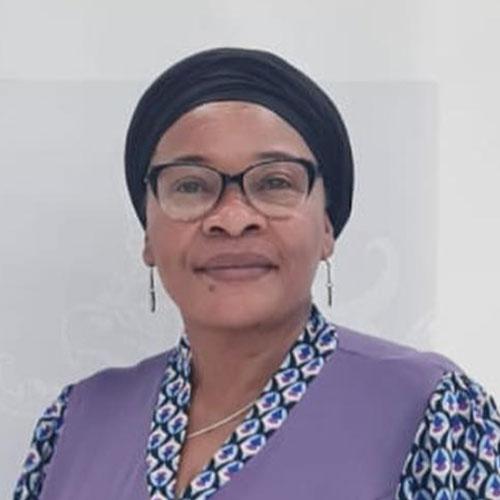Zena Mnasi Mabeyo, PhD, is a Senior Lecturer and the Head of Psychology Department at the Institute of Social Work, Dar es Salaam Tanzania. She worked over 25 years’ experience of teaching at higher learning institution, conducting research and consultancy activities in the social work field. She led 4 national studies, co-authored 3 books and contributed over 6 chapters in edited books and several journal papers. Her areas of research focus include: social work and its role in poverty reduction; social protection for the marginalized populations including older people and informal sector operators, indigenous and innovative social work models and approaches. She has lead Tanzania Association of Social Workers for ten years and represented East Africa in the African Association of Schools of Social Work. She has been a national coordinator to 3 international projects all geared towards promotion of social work in East Africa. The projects include PROSOWO I&II – Promotion of Professional Social Work in East Africa from 2011-2019 and the current NORHED II Project -Building Resilient Communities through Inclusive Education in East Africa -2021-2026. She is a member of two governmental one private and one international board.
Partnership with Communities: Community Social Labs - The Role of Home Grown Solutions
Abstract
Rural communities have a significant value and are the backbone of the social-economic development of the East African countries. Moreover, despite dwelling in resource endowed countries, these communities still grapple with multifaceted social-economic challenges that prone their populations to the versus and never-ending cycles of poverty and vulnerability. While national efforts for community development exist, the role and impact of universities as centres of knowledge creation, in steering innovation, change and community-driven solutions is less evident and barely felt in these communities.
Drawing on the experience from the implementation of Community Social Labs model that was practiced in Tanzania, Uganda and Rwanda, this paper showcases how universities can bridge university-community gaps through enhanced students’ engagement with communities. The model transcends the conventional, office and case-based field practice and upholds developmental and community-based approaches to draw solutions and design interventions. The paper comes up with a call for universities to embrace field practice that enhance university-community partnership through increased students’ engagement with communities in co-creation of solutions and steering innovation. The practice strengthens the indigenisation and decoloniality agenda by developing new approaches, sustainable solutions as well contextually appropriate resources and materials for solving the complex problems facing communities.
